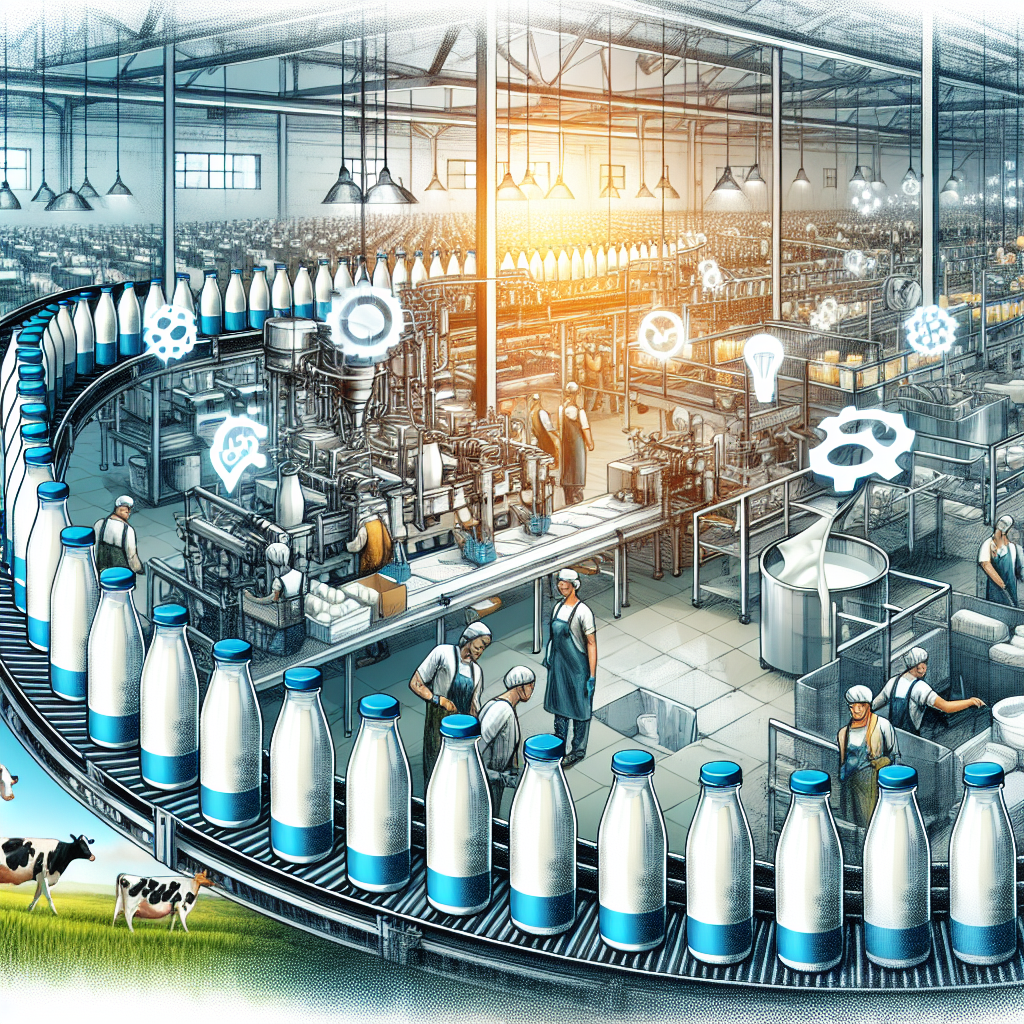The International Fund for Agricultural Development (IFAD) and the Government of Rwanda have announced the launch of the Rwanda Dairy Development Project (RDDP) Phase II, a US$100.37 million initiative aimed at transforming the dairy sector and enhancing resilience to climate change. The project, which builds on the successes of its predecessor, will focus on scaling up sustainable interventions along the dairy value chain across 27 districts in Rwanda over the next six years.
Dagmawi Habte-Selassie, IFAD Country Director for Rwanda, expressed enthusiasm for the project’s expansion, stating, “IFAD is pleased to scale up our investment in the dairy sector following a successful phase one of the project. The new phase will aim to improve efficiencies in the value chain by leveraging digitization and private sector financing, transforming food systems, and improving incomes and nutrition for Rwandans.”
Rwanda's dairy sector has seen significant growth, with milk production increasing nine-fold, transitioning the country from a milk importer to a self-sufficient producer. Per capita milk consumption has risen from 20 liters in 2006 to 75 liters annually in 2021. This growth has the potential to improve the nutritional status of children and enhance food security.
Dr. Olivier Kamana, Permanent Secretary at Rwanda’s Ministry of Agriculture and Animal Resources, highlighted the timeliness of RDDP Phase II, stating, “The dairy sector in Rwanda has achieved major milestones, including increased production and improved market linkages. However, with the intensification of climate change impacts, we need to safeguard these achievements and build resilience among small-scale farmers.”
Climate change poses significant challenges to the dairy sector, with Rwanda ranked as the 32nd most vulnerable country to natural hazards. Issues such as reduced production, increased disease occurrences, limited access to water and feed, and inadequate artificial insemination services are impacting the sector. RDDP Phase II aims to address these challenges by promoting zero grazing, replacing local breeds with improved ones, establishing mixed pastures, and increasing access to water through household-level water harvesting.
To enhance the efficiency of the dairy value chain, the project will focus on improving milk transport to collection centers, strengthening dairy cooperatives, using renewable energy for milk storage, promoting local milk processing, and digitizing the value chain to track milk from production to market.
The RDDP Phase II is funded by a diverse group of contributors, including IFAD (US$20.5 million), the Government of Rwanda (US$17.64 million), the OPEC Fund (US$20 million), the Green Climate Fund (US$8.5 million), Equity Bank Rwanda (US$10 million), Heifer International (US$6 million), and project participants (US$9.52 million).
This comprehensive project represents a significant investment in Rwanda's dairy sector, aiming to bolster productivity, resilience, and sustainability while addressing the impacts of climate change.











